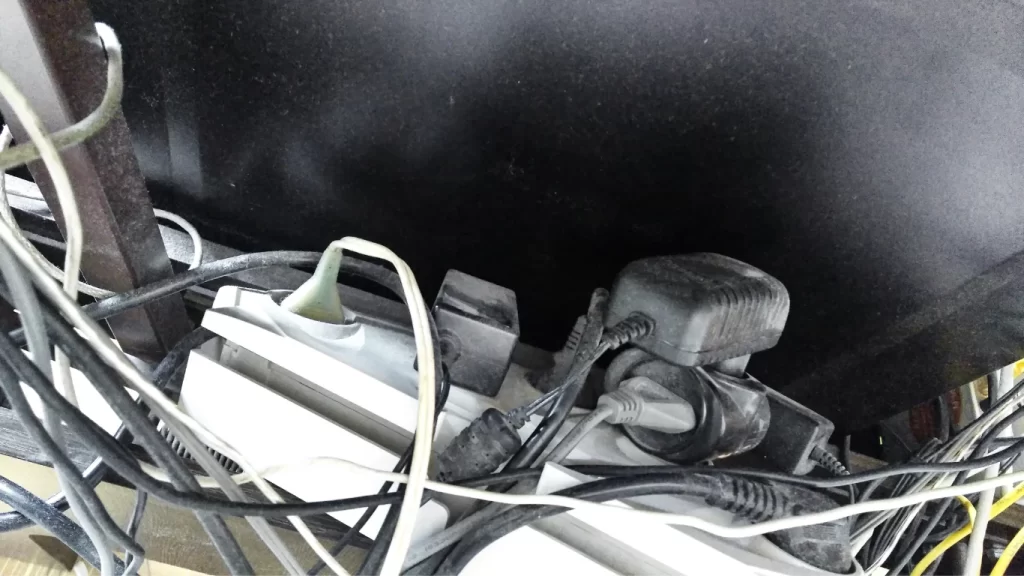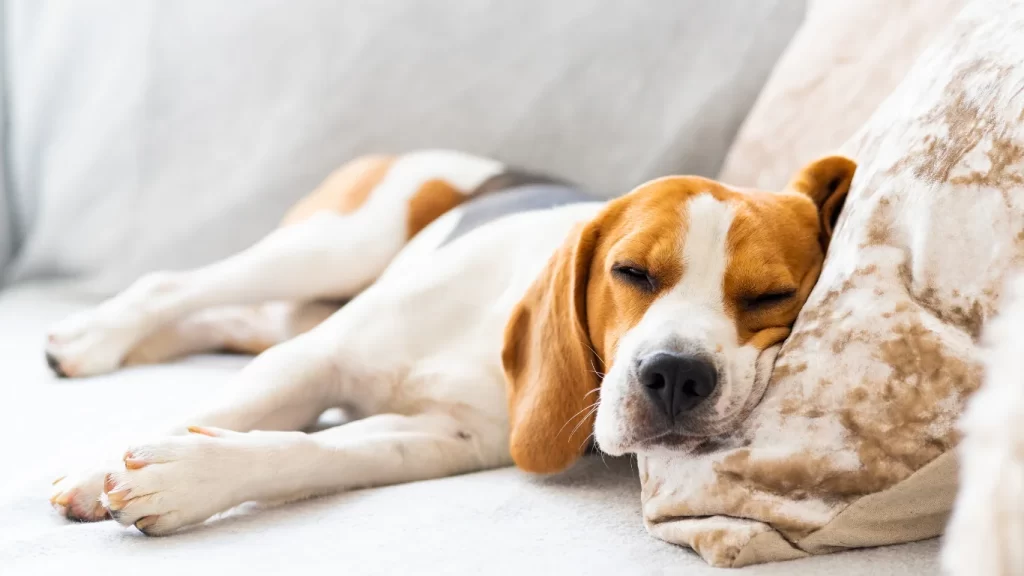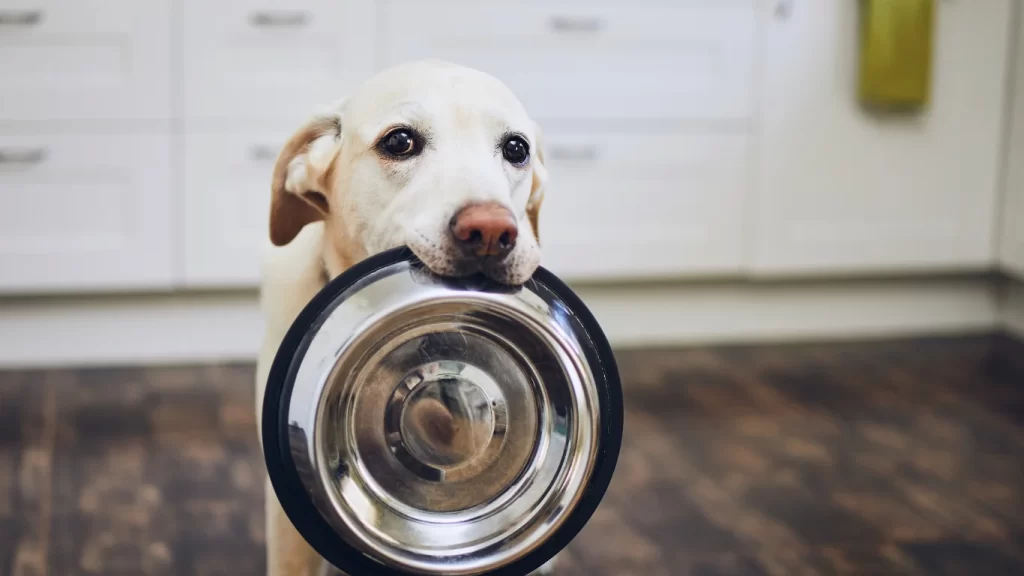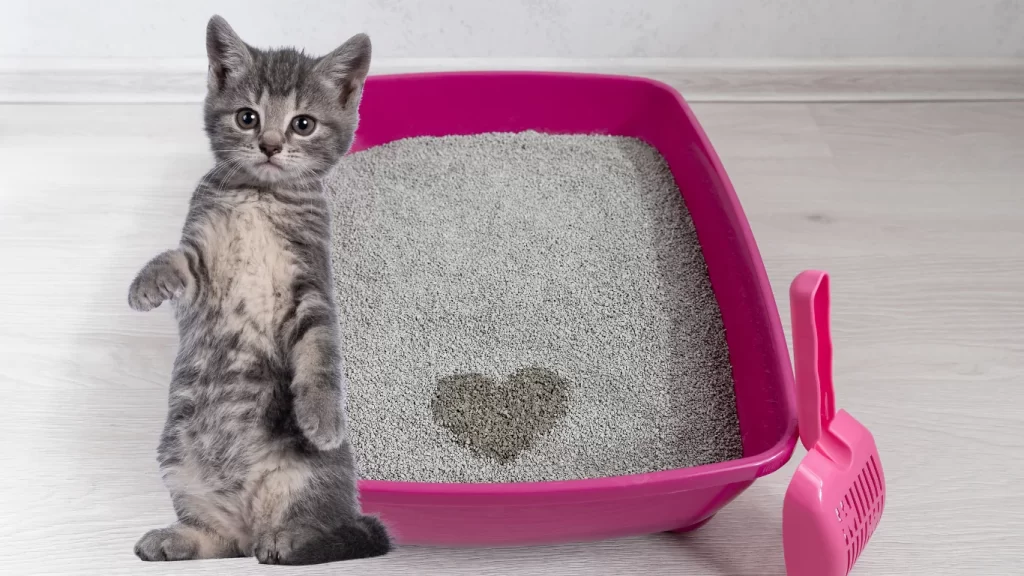Creating a home that is both safe and comfortable for pets is paramount for pet owners looking to foster a nurturing environment for their furry, feathered, or scaled companions. The significance of implementing pet-friendly home tips cannot be overstated, as they ensure not only the safety but also the happiness and well-being of pets. A home designed with the comfort for your dog, cat, or any little friend in mind becomes a sanctuary not just for them but also for you, the pet owner. It’s about finding the right balance between a stylish, functional home and a space that caters to the needs and safety of your pets, be it through pet-proofing your home, choosing pet-safe furniture, or creating cozy pet spaces.
Together we’ll go over the basics of crafting a safe home for pets, focusing on pet-friendly interior design and pet home environment that guarantee comfort for your pet. From the importance of pet proofing your home to avoid common home hazards for pets, to selecting pet-friendly furniture that withstands the wear and tear of claws and teeth, and setting up dedicated pet zones that ensure your pet has a space to call their own, each section provides actionable Pet-Friendly Home Tips. We will also touch on outdoor safety and comfort, ensuring your backyard or balcony is just as welcoming and safe. By following these insights on creating a comfortable home for your dog, cat, or any pet, you’ll not only ensure their happiness and well-being but also enrich your own living experience with them.
Pet-Proofing Your Home
Securing cabinets and cleaning supplies is essential for a pet-friendly home. Install childproof locks on cabinets to prevent pets from accessing tocix substances such as cleaning products, medications, and toxic foods. Store hazardous materials on high shelves or in locked areas to ensure they are out of reach.
1. Conceal Electrical Cords and Hazards

Pets, particularly young ones, are drawn to chewing on electrical cords, which can lead to injuries or even electrocution. To safeguard your pets, use cord protectors or conceal wires behind furniture. Additionally, consider applying bitter-tasting sprays to deter pets from chewing on cords. Ensure all small objects that could pose choking hazards are kept out of reach.
2. Use Safety Gates and Barriers
Safety gates are invaluable for creating safe boundaries within the home. They help prevent pets from entering potentially dangerous areas like kitchens or rooms with fragile items. Choose gates that are sturdy and tall enough to discourage jumping over. For homes with both small children and pets, select gates with pet doors to allow smaller pets freedom while restricting larger ones.
4. Choose Pet-Friendly Furniture and Fabrics

Selecting durable materials for pet-friendly furniture is crucial. Leather, for instance, is highly recommended due to its durability and ease of cleaning. It does not trap pet hairs or odours as it lacks a weave, making maintenance straightforward. Similarly, microfibre is another excellent choice; it mimics suede’s appearance while offering stain resistance and easy cleaning, ideal for homes with pets.
- Avoid Fabrics that Trap Fur
When choosing fabrics, opt for those with a tight weave. This design minimises the chances of pet claws causing damage and makes it easier to remove moulting hair. Materials like canvas, denim, or synthetic microfibre are particularly beneficial for pet owners. These fabrics do not easily allow pet hair to embed into them, simplifying the cleaning process.
- Caring for Furniture with Pets
Regular maintenance of pet-friendly furniture ensures longevity and cleanliness. Utilise throws or blankets to protect surfaces, which can be washed frequently. Vacuuming sofas with an upholstery tool helps remove embedded pet hair. For tougher stains, especially on materials like microfibre or specially treated Aquaclean fabrics, cleaning with just water or mild soap can be effective. Additionally, choosing furniture colours that match your pet’s fur can significantly reduce the visibility of shedding.
4. Set Up Comfortable Pet Areas

Creating Cozy Sleeping Areas involves selecting the right location and bedding to ensure pets feel secure and relaxed. Observe your pet’s behaviour to determine their preferred spot, whether it’s a sunny area or a quiet corner.
5. Design Playing and Feeding Stations

A well-thought-out feeding station should cater to the specific needs of your pet, enhancing their comfort and maintaining a tidy home environment. Consider the number of bowls and their placement to suit your pet’s height and eating posture. Integrating play areas with elements like scratch posts or toys can keep pets engaged and active. Additionally, installing pet-themed wall racks can help organise leashes and accessories, making outings seamless.
6. Ensure Accessible Litter or Bathroom Areas

For cats, placing the litter tray in a quiet, private spot away from their feeding and sleeping areas is crucial. Ensure the tray is easily accessible and consider the size and type of tray based on your cat’s age and mobility. Regular cleaning and strategic placement can prevent litter-related issues and encourage proper hygiene habits. Make sure to check out our Cat Nutrition Guide for additional tips for your new cat.
7. Outdoor Safety and Comfort

Securing fences and gates is crucial to prevent pets from escaping and ensuring they are safe in their environment. It’s advisable to check the perimeter of the fence regularly for any gaps or weaknesses and ensure all gates are equipped with secure locks or self-closing mechanisms. For pets that are known diggers, burying poultry netting at the base of the fence with a bent top into the fence can deter digging and escape attempts.
Providing adequate shade and shelter is essential, especially during warmer months. Structures such as pergolas, gazebos, or even a simple sun shelter can protect pets from overheating. Ensure these areas are well-ventilated and positioned away from direct sunlight. Additionally, having a fresh water supply nearby will help keep pets hydrated and cool.
Using pet-safe landscaping involves choosing plants that are non-toxic to pets and avoiding the use of harmful pesticides and herbicides. Designate specific areas for pets to play and relieve themselves to prevent damage to garden areas. Raised beds and physical barriers can help protect both your plants and pets, ensuring a safe and enjoyable outdoor environment for everyone.
Summing Up Our: Pet-Friendly Home Tips
Crafting a home that caters to the safety and comfort of pets enriches both their lives and ours, reinforcing the importance of a pet-friendly environment within our living spaces. By incorporating the strategies discussed—ranging from pet-proofing home, selecting durable furniture and fabrics, to establishing designated zones and ensuring outdoor safety—we create an atmosphere where pets can thrive.





